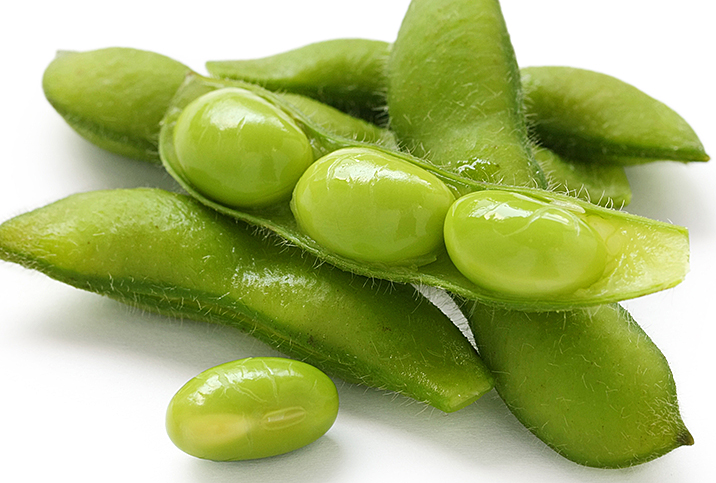Drinking Coffee Can Lower the Risk of Prostate Cancer

Drinking coffee may be linked to a reduced risk of prostate cancer, according to a new meta-analysis published in the medical journal BMJ Open.
Experts at the Shengjing Hospital of China Medical University reviewed 16 different studies, published between 1989 and 2019, that calculated prostate cancer risk associated with the highest coffee consumption versus the lowest coffee consumption. The studies, which were conducted in North America, Europe and Japan, included more than a million participants and 57,732 cases of prostate cancer.
Their findings may provide a new avenue of prevention for at-risk groups, especially older men, who are most likely to be diagnosed.
How common is prostate cancer?
Approximately 1 in 8 men will be diagnosed with prostate cancer, according to the American Cancer Society.
It's the second most common cancer, after skin cancer, in American men; its incidence has almost doubled over the past two decades. Prostate cancer is responsible for more than 34,000 deaths every year in the United States.
One reason for its increased presence is tied to better overall health.
What? Yep, you heard that right.
The theory is that due to a decline in fatalities from heart disease, more men are reaching the age at which the risk of prostate cancer is highest.
Prostate cancer is usually treatable if detected early, and more than 90 percent of prostate cancers are found when the cancer is in its early stages and limited to the prostate. Men over the age of 40, Black men and men with a family history of prostate cancer are most at risk.
The U.S. Preventive Services Task Force (USPSTF) recommends that if you are between the ages of 55 and 69, you should discuss with your physician whether you need to undergo a prostate exam.
Drinking coffee can help
Of the 16 studies that the meta-analysis processed, 15 compared the risk for prostate cancer in people who drank large amounts of coffee to those who consumed less, while 13 reported the risk associated with consuming an additional daily cup.
The researchers found that each cup of coffee consumed per day meant a 1 percent decrease in prostate cancer risk. Caffeine, they wrote, was the key component for this reduction. Further research is needed to look at the underlying mechanisms and active compounds in coffee, they said.
Compared to men who drank the least amount of coffee, men who drank the most had a 7 percent lower risk of developing localized prostate cancer, and a 12 to 16 percent lower risk of advanced prostate cancer.
The researchers wrote that coffee improves glucose metabolism, has antioxidant and anti-inflammatory effects, and raises testosterone levels—all of which may stave off prostate cancer. Interestingly, prior research linked drinking coffee to a lowered risk for breast, liver and bowel cancers, too.
Too much coffee?
It's important to keep in mind there are downsides to drinking too much coffee. Having four or more cups a day could cause:
- Headaches
- Acid reflux
- Heart palpitations
- Insomnia
- Anxiety
- Irritability
- Digestive issues
Some people are more sensitive than others to caffeine, so pay close attention to how your body reacts to coffee. Reduce your intake if you find that coffee makes you restless or keeps you from sleeping at night.
If you're already a regular coffee drinker, it may be great for your health to keep it up. If you're not, consider starting, but proceed with caution, as caffeine may upset your body's natural rhythms and balances.
As always, coordinating with your primary care physician whenever you make substantial changes to your diet is always a good idea.

















